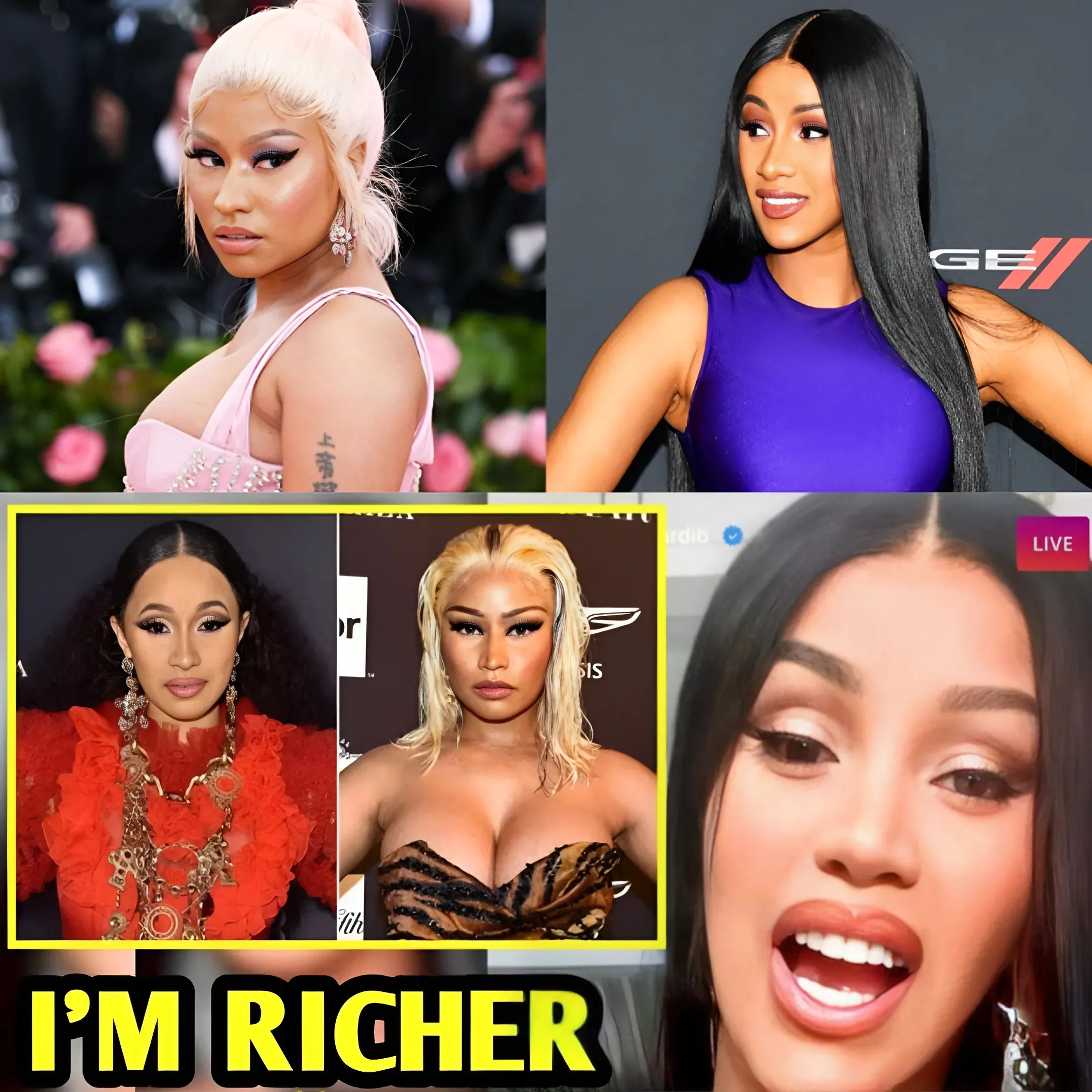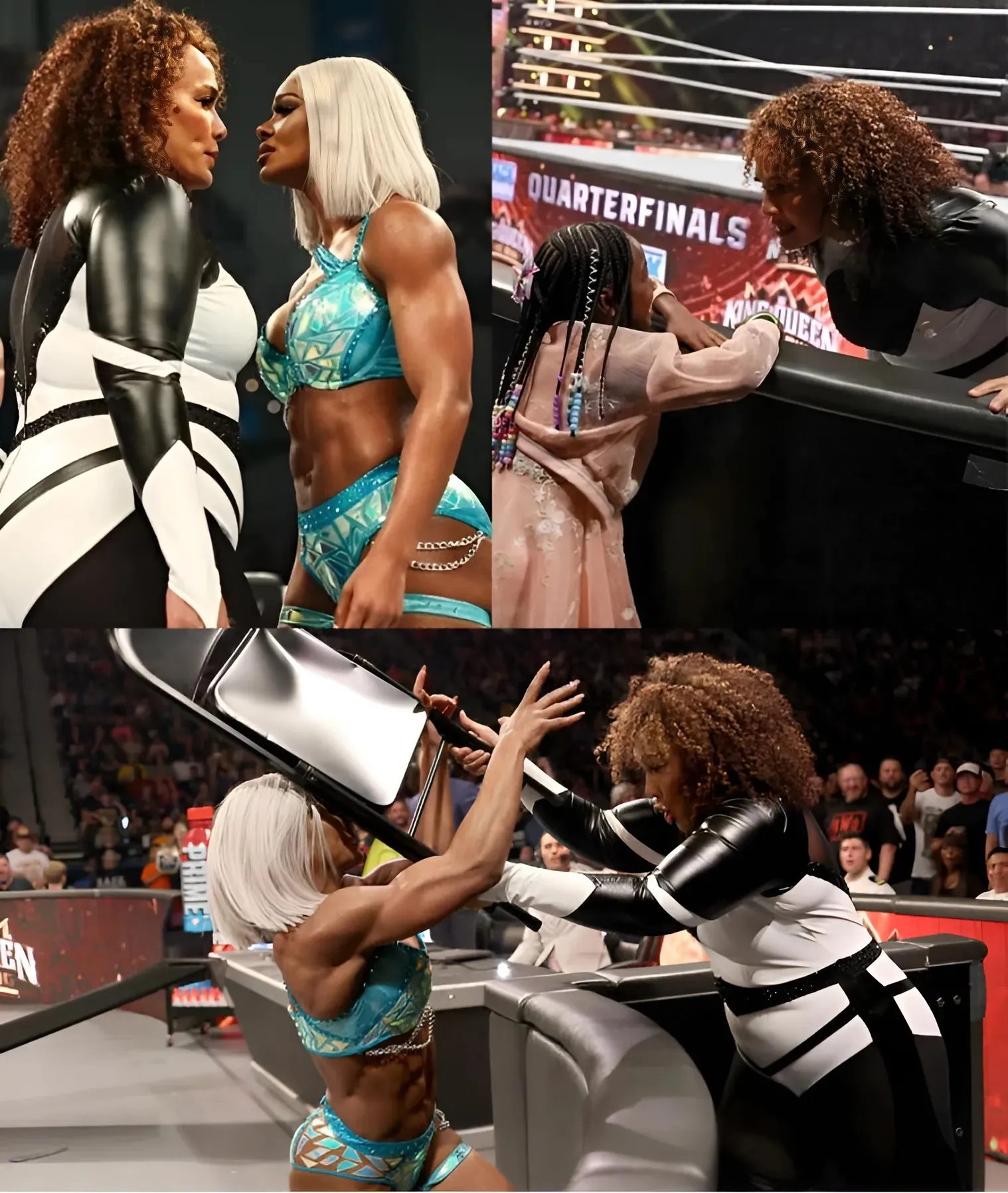Lil Wayne and Rick Ross have shared a complex history in the rap game. Both hailing from the southern United States, they emerged during the early 2000s, a period characterized by the rise of Southern hip-hop and its dominance in mainstream culture.
Lil Wayne, as the face of Cash Money Records and later Young Money Entertainment, solidified his status as a rap icon with critically acclaimed albums like "Tha Carter" series and a plethora of mixtapes showcasing his lyrical prowess and versatility.
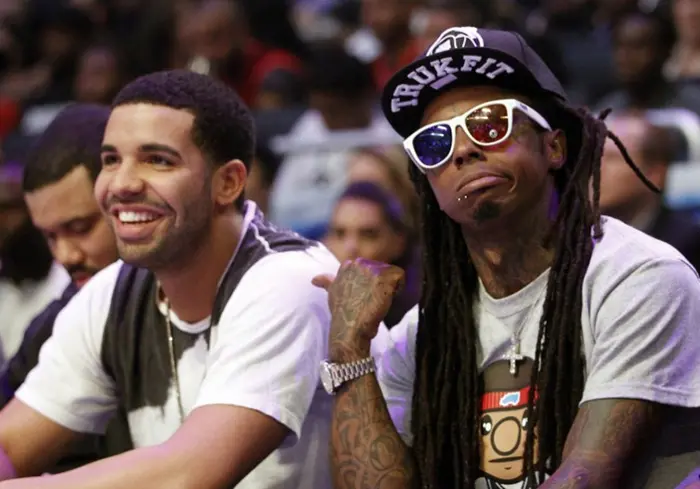
Rick Ross, on the other hand, gained prominence with his husky voice, vivid storytelling, and larger-than-life persona. His debut album, "Port of Miami," propelled him into the spotlight, establishing him as a force to be reckoned with in the rap industry.
Over the years, both Lil Wayne and Rick Ross collaborated on numerous tracks, fostering a professional relationship that seemed amicable on the surface.
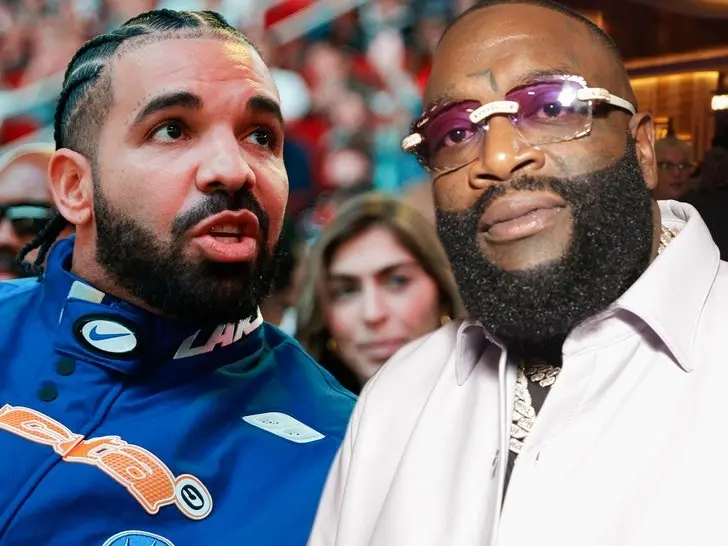
However, tensions began to simmer beneath the facade, reaching a boiling point when Drake, a protege of Lil Wayne and a prominent artist signed to Young Money Entertainment, became embroiled in controversy.
The issue at hand stemmed from allegations of ghostwriting surrounding Drake's lyrics. Ghostwriting, the practice of one person writing material to be officially credited to another person, is a sensitive topic in hip-hop, where authenticity and originality hold significant cultural value.
In July 2015, Meek Mill, another rapper and Drake's former friend, ignited a firestorm by accusing Drake of using ghostwriters for his songs, particularly referencing their collaboration on the track "R.I.C.O." from Meek Mill's album "Dreams Worth More Than Money."
The accusation sent shockwaves through the hip-hop community, sparking a heated debate about artistic integrity and the blurred lines between collaboration and plagiarism.
Amidst the controversy, Lil Wayne found himself caught in the crossfire. As Drake's mentor and label boss, his loyalty was put to the test. While some expected Lil Wayne to vehemently defend Drake and denounce the allegations, his response was unexpectedly tepid.
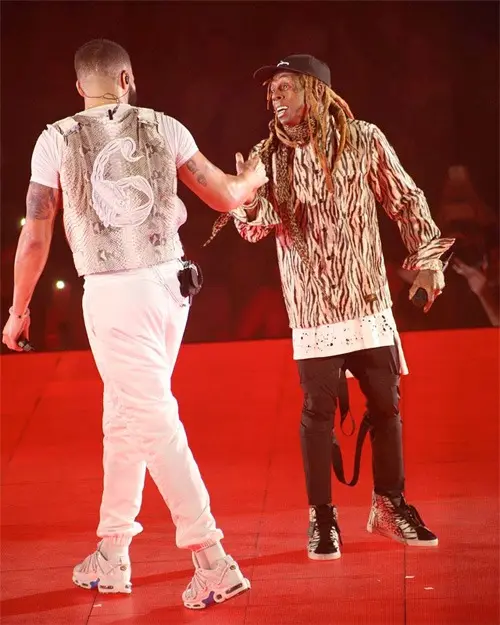
In a series of interviews, Lil Wayne adopted a neutral stance, refraining from fully endorsing or refuting the accusations against Drake.
This ambivalence drew criticism from fans and fellow artists alike, who viewed it as a betrayal of Drake's trust and a failure to stand by his protege in times of adversity.
Rick Ross, known for his outspoken nature, was quick to seize the opportunity to criticize Lil Wayne's perceived lack of support for Drake.
In a radio interview, Rick Ross openly condemned Lil Wayne's response, accusing him of failing to uphold the principles of loyalty and solidarity within the hip-hop community.
Rick Ross's remarks further fueled the flames of controversy, intensifying the scrutiny on Lil Wayne and straining the already fragile relationship between the two rappers.
The Lil Wayne backlash reached its peak as fans and media outlets dissected his every word and action, searching for clues about his true feelings towards Drake and the ghostwriting allegations.
Despite attempts to downplay the significance of the controversy, Lil Wayne found himself thrust into the spotlight, facing relentless scrutiny and backlash from all sides.
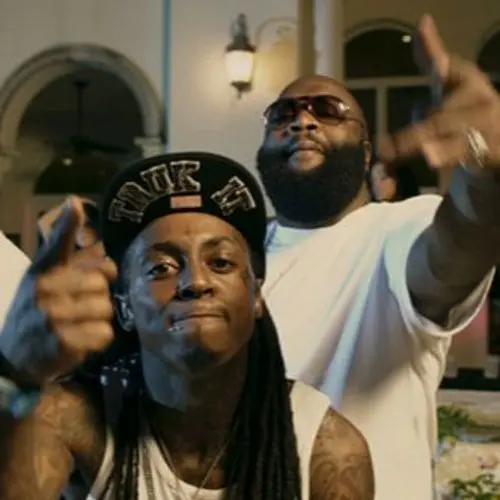
For Lil Wayne, the backlash was not merely a matter of public perception; it also posed a significant threat to his reputation and legacy in the hip-hop community.
As an artist revered for his authenticity and lyrical prowess, any hint of disloyalty or hypocrisy could tarnish his hard-earned credibility and diminish his standing in the eyes of fans and peers alike.
The Lil Wayne backlash underscores the complexities of navigating the intricate web of relationships and alliances within the rap industry. In a culture where loyalty and authenticity are paramount, any perceived deviation from these values can have far-reaching consequences.
For Lil Wayne, the fallout from his criticism of Rick Ross and his response to the Drake controversy serves as a cautionary tale, reminding artists of the importance of standing by their principles and allies in the face of adversity.
As the dust settles and the controversy gradually fades from the headlines, one thing remains clear: the Lil Wayne backlash has left an inde


